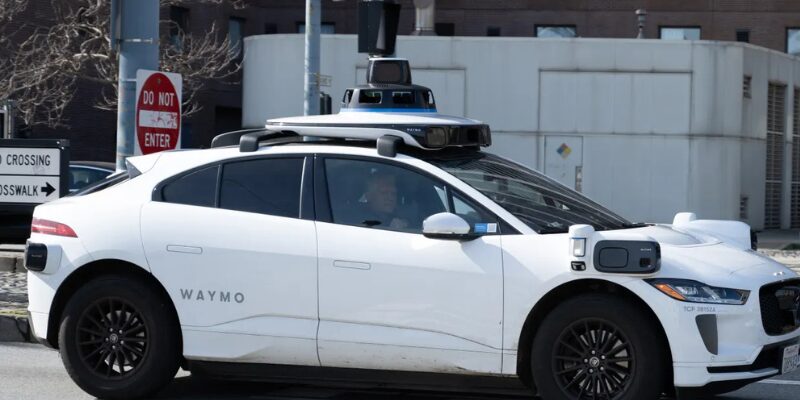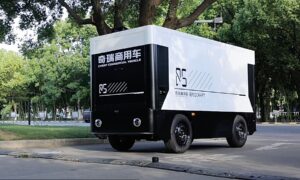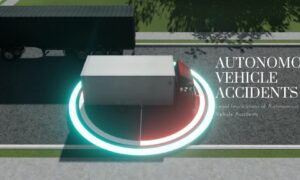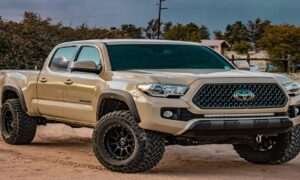Waymo, Alphabet’s autonomous division, stated on Tuesday that it plans to introduce its completely driverless ride-hailing service in the nation’s capital city the following year.
TakeAway Points:
- Alphabet’s self-driving unit Waymo said on Tuesday it aims to launch its fully autonomous ride-hailing service in the U.S. capital city next year.
- Aurora Innovation intends to permit its self-driving trucks to function without a driver in bad weather.
Waymo self-driving to come to Washington
Alphabet’s Waymo began moving vehicles to Washington, D.C., in January and will bring more to the city in the coming weeks as it works to start paid commercial services as soon as next year.
“We will also work closely with policymakers to formalize the legal framework needed to operate without a human behind the wheel, as Washington, D.C. does not currently allow for fully autonomous operations,” Waymo said on Tuesday.
Waymo One, the company’s fully autonomous ride-hailing service, is providing more than 200,000 paid passenger trips each week in San Francisco, Phoenix, Los Angeles and Austin after more than 4 million paid trips in 2024. It plans to add Atlanta and Miami and then Washington, D.C.
The U.S. capital is home to federal regulators and lawmakers. Automakers and tech companies want the government to do more to speed vehicle deployments.
Waymo said in October that it had closed a $5.6 billion funding round led by Google-parent Alphabet, as it looks to expand its autonomous ride-hailing service despite some concerns from regulators about safety issues.
Violation of traffic safety laws
In May, the National Highway Traffic Safety Administration opened an investigation after receiving 22 reports about Waymo robotaxis exhibiting driving behavior that potentially violated traffic safety laws, or demonstrating other “unexpected behavior,” including 17 collisions.
NHTSA said several incidents “involved collisions with clearly visible objects that a competent driver would be expected to avoid.”
Waymo last June recalled 672 of its self-driving vehicles after one of its driverless cars struck a wooden utility pole in Phoenix in May. The recall included a software update to improve vehicles’ detection response to poles and “robust mapping updates and improvements.”
In February 2024, Waymo recalled 444 self-driving vehicles after two minor collisions in quick succession in Arizona, saying a software error could result in automated vehicles inaccurately predicting the movement of a towed vehicle.
Waymo said Tuesday that based on collision data from more than 50 million rider-only miles (80.5 million km), Waymo vehicles have been involved in 81%, or 154, fewer injury-causing crashes compared to an average human driver.
Aurora plans for self-driving trucks in harsh weather ahead of commercial launch
Aurora Innovation plans to allow its self-driving trucks to operate without a driver in inclement weather ahead of launching commercial trips this year in Texas, the company said on Tuesday.
The autonomous trucks are expected to start operating on public roads in Texas, New Mexico, and Arizona in 2025, adhering to speed limits ranging from 25 miles per hour to 75 miles per hour.
Aurora said in January that it plans to launch the service in Texas in April.
The company said on Tuesday it intends to expand operational design domain (ODD) for its autonomous vehicles to include harsh weather. ODD specifies the conditions and areas where self-driving vehicles can operate, taking into account geography, weather and other factors.
The trucks will function in suburban and urban areas, dense traffic, day and night, and in highway construction zones with cones and barriers, it said.
Aurora said it will enhance testing for the trucks, including simulations in virtual environments, assessments on closed tracks, and performance monitoring on roads before commercial launch.
Earlier this year, the Uber-backed company signed a long-term deal with Nvidia and Germany’s Continental to deploy driverless trucks.

































